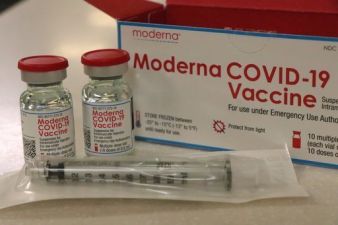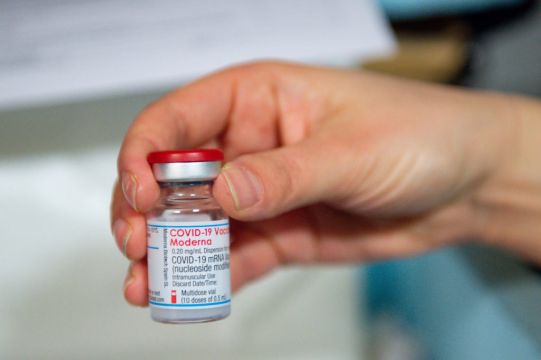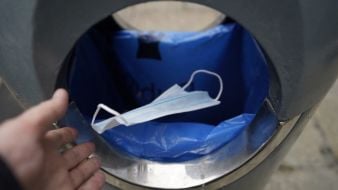Moderna’s Covid-19 vaccine should protect against illness for at least six months after the second dose, new research suggests.
The findings, published in the New England Journal of Medicine (NEJM), are based on 33 participants who were involved in the phase 1 study of the vaccine.
Analysis of blood samples showed that participants maintained high levels of infection-fighting antibodies six months after receiving their second jab.
Moderna chief executive Stephane Bancel said: “We are pleased that this new data shows antibody persistence through six months following the second dose of our Covid-19 vaccine.
“This gives us further confidence in the protection afforded by our Covid-19 vaccine.
“We remain committed to continuing to address the Covid-19 pandemic.”
The team said research monitoring immune responses beyond six months is ongoing.
New variants
Meanwhile, another study, also published in NEJM, shows the Moderna jab is less effective against the South African variant.
Findings from Duke University in the US showed that antibodies generated by the vaccine had 6.7 times to 9.7 times less neutralising power in case of the South African variant, compared with the previous version of the virus.
But the team said the Moderna vaccine is likely to be effective against a version of the virus circulating in the US known as the California variant.

The researchers wrote: “These results, and the high efficacy shown by these vaccines, suggest that vaccine-elicited neutralising antibodies are likely to remain effective against the B.1.429 (California) variant.
“The magnitude of resistance seen with the B.1.351 (South African) variant is of greater concern with respect to current vaccines.”
Previous research has shown the Moderna vaccine to be effective against the UK variant in laboratory studies.







